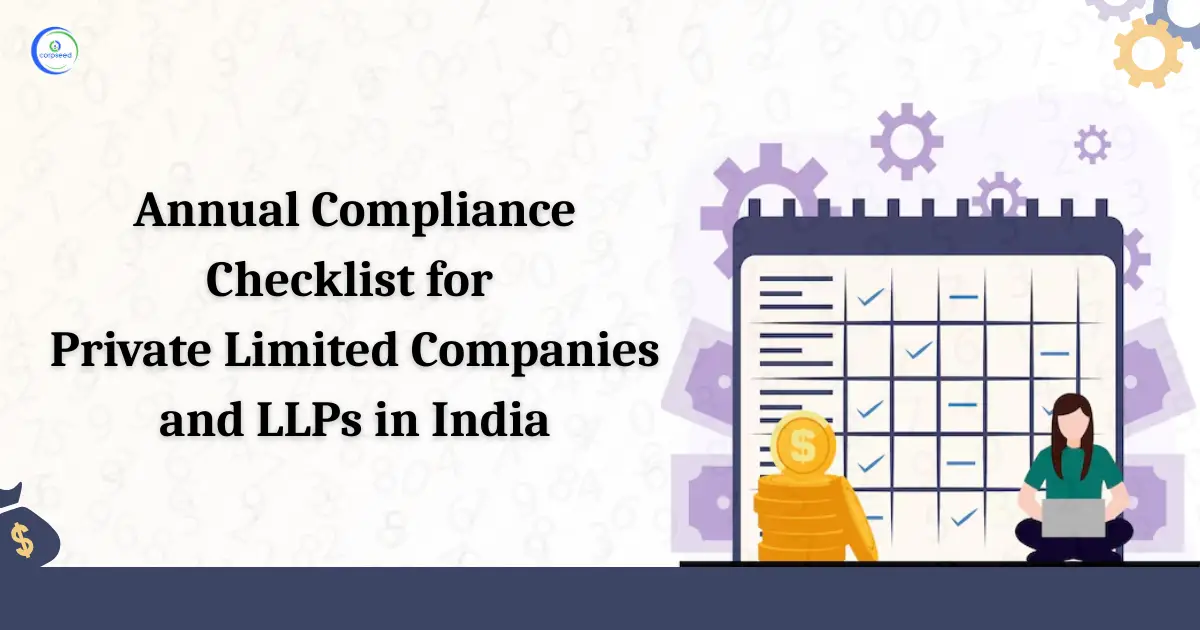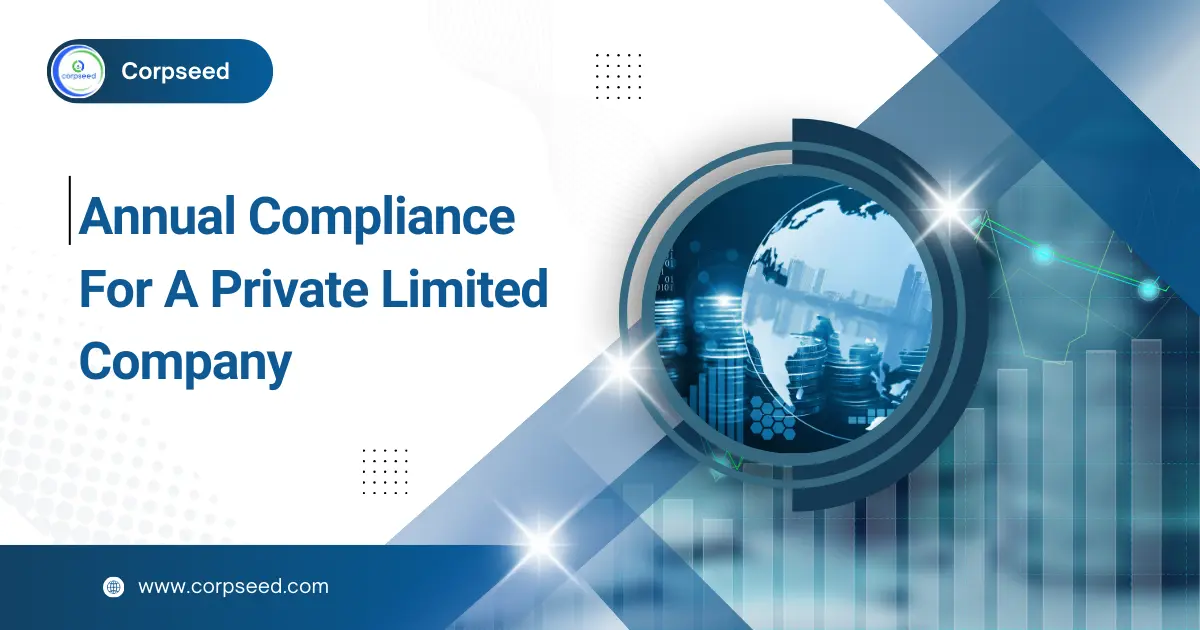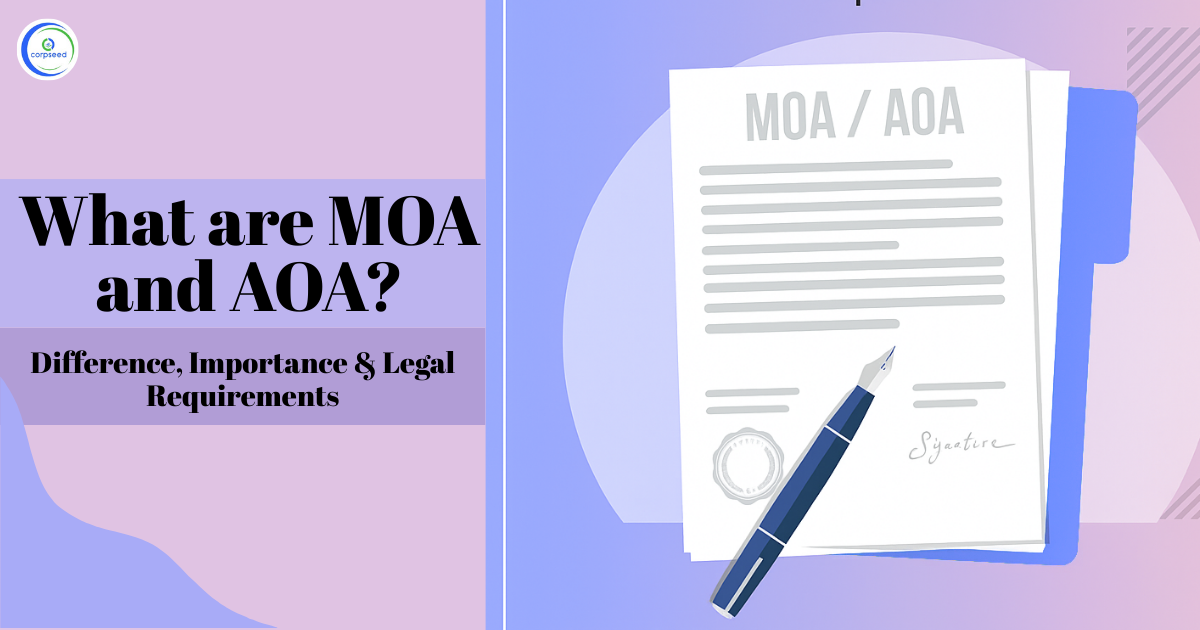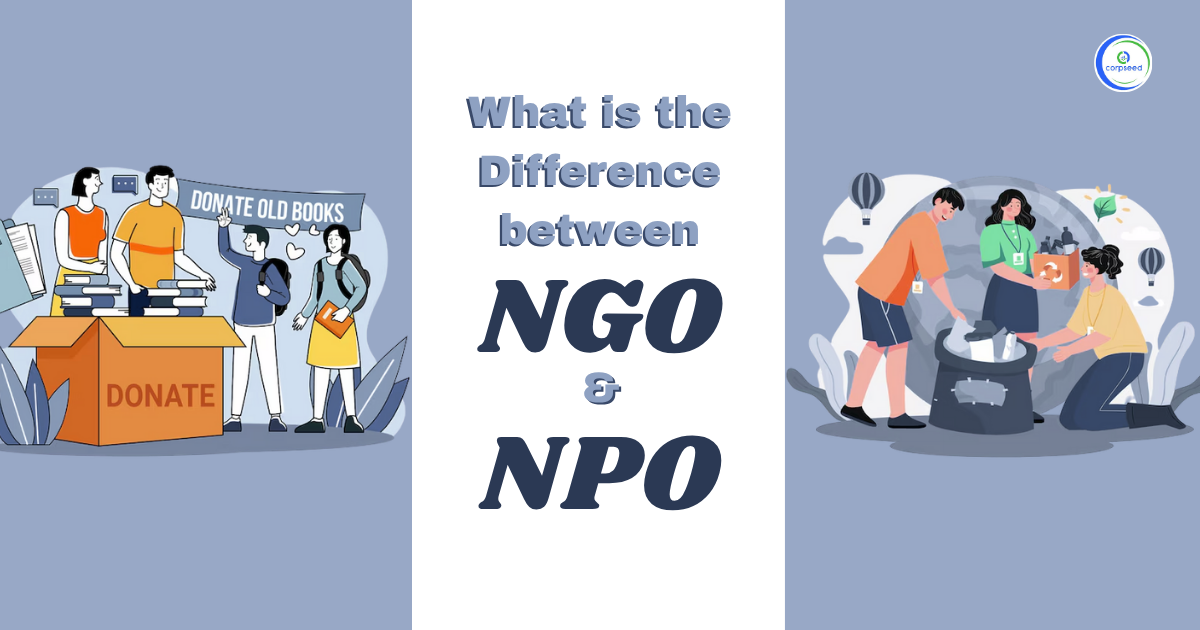In the landscape of non-profit operations in India, 80G registration is an important certification that helps non-governmental organizations (NGOs) and charitable trusts to attract donations by providing tax benefits to donors. Governed under the Income Tax Act, 1961, Section 80G encourages charity by permitting donors to claim deductions on the donations made to registered organizations. This offers donors with tax relief and, also assists NGOs and trust raise funds to boost their charitable activities.
Table of Contents
What is 80G Registration?
80G is a certification issued by the Income Tax Department of India to qualified charitable organizations. This registration allows individuals or organizations making donations to these institutions to claim deduction of either 50% or 100% of the donation amount from their taxable income, on the basis of the type of organization and the nature of the donation. It is important for creating trust with potential donors, as it ensures them that their donations are helping a genuine, tax-compliant cause.
--------------Blog Contact Form-------------
Furthermore, this certification not only profit the donors but also boosts the reliability and fundraising proficiency of the organization getting donations, instituting it as a transparent and trustworthy entity.
Why is 80G Registration Important?
The main benefit of achieving 80G certification is the capability to attract large and constant donations from both individuals and corporations. By offering tax benefits, organizations having 80G status become more attractive to possible donors who are stimulated to contribute more knowing that they will obtain tax deductions.
In addition, this certification is a solid validation of the organization's credibility, compliance with legal requirements and commitment to transparency.
Key Advantages of 80G Registration:
- Increases donor trust and confidence in the organization.
- Helps attract Corporate Social Responsibility (CSR) funds and High Net-Worth Individual (HNI) donations.
- Provides a competitive edge over non-registered organizations.
- Establishes compliance with tax laws and regulations.
- Increases visibility into grants and donor databases, which boosts fundraising efforts.
Eligibility Criteria for 80G Registration
To qualify for 80G registration, organizations need to satisfy specific eligibility conditions prescribed by the Income Tax Department. These include:
- The organization should be a charitable trust, section 8 company, or society.
- The organization should function exclusively for charitable purpose and not for profit but purposes
- No person or organization should take advantage of any part of the income.
- The organization should keep proper books of accounts.
- The activities should not be of religious, political or caste based in nature.
- The organization must have a valid 12A registration, which offers tax exemption on additional income.
Documents Required for 80G Registration
To apply for 80G certification, the following documents and information are required:
- PAN card of the organization.
- Certificate of registration (Trust Deed, MOA/AOA, or Societies Registration Certificate).
- NITI Aayog Darpan ID (mandatory for NGOs).
- Financial statements (Audit reports, balance sheet, income & expenditure statement for the last 3 years, if available).
- List of trustees or board members with ID and address proof.
- Activity reports or details of charitable work.
- Details of donations received and utilized.
- Bank statements.
- 12A Registration Certificate (for income tax exemption).
All documents must be scanned and submitted digitally through the Income Tax Portal.
Step-by-Step Process for 80G Registration in 2025
The online process for 80G registration has been streamlined under the Faceless Assessment Scheme. Below is a step-by-step guide for NGOs to apply:
Step 1: Log In to the Income Tax Portal: Visit the Income Tax e-Filing Portal and log in using the credentials of the official representative of the organization.
Step 2: Access Form 10A or 10AB: Route to e-File - File Income Tax Forms and select Form 10A for new registration or Form 10AB for renewal or modification.
Step 3: Fill in Organization Details: Fill the organization’s PAN, registration number, type of entity, address, Darpan ID, and date of incorporation. Upload the required documents in the given PDF format.
Step 4: Verification: Confirm the form using either a Digital Signature Certificate (DSC) or Electronic Verification Code (EVC).
Step 5: Application Review by Authorities: The Income Tax Department will review the application and may seek additional information or clarification. If the application fulfills all the compliance requirements, the 80G registration will be issued.
Also Read: 80g Certification: Tax Benefits for Donors of an NGO
Validity and Renewal
As per the latest rules, 80G registration is given for a fixed period of five years. NGOs must reapply using Form 10AB at least six months after the expiry of their existing registration. This renewal ensures that the organization remains in compliance and eligible to receive tax-exempt donations. Timely renewal is essential to avoid interruptions in eligibility for tax-exempt donations and to maintain the organization's credibility with donors.
Key Considerations for NGOs
- Ensure that you apply for 80G and obtain 12A registration.
- Maintain transparent accounting and annual audit reports.
- Avoid participating in religious, political or commercial activities may disqualify the organization’s eligibility for 80G.
- Submit annual reports and financial statements regularly to stay compliant with tax regulations.
Conclusion
In conclusion, 80G registration is not just a statutory compliance requirement, it is a strategic asset for any non-profit or charitable organization in India. With increasing donor awareness, transparency expectations and regulatory analysis, achieving 80G certification will be essential for fundraising success by 2025. It not only offers incentives to individual and corporate donors but also indicates that the organization is dedicated to legal compliance, financial transparency and responsibility. To build a sustainable future, to attract donors and access CSR funding, organizations should prioritize 80G certification. Early preparation, clear documentation and strict compliance with eligibility criteria are important steps to ensure smooth approval and renewal processes.
By securing 80G registration, NGOs can establish themselves for long-term development and community impact.
This portion of the site is for informational purposes only. The content is not legal advice. The statements and opinions are the expression of author, not corpseed, and have not been evaluated by corpseed for accuracy, completeness, or changes in the law.
BOOK A FREE CONSULTATION
Get help from an experienced legal adviser. Schedule your consultation at a time that works for you and it's absolutely FREE.









